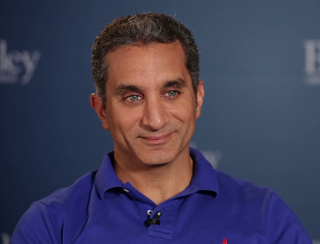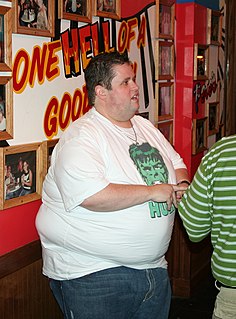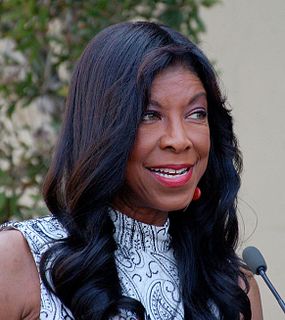A Quote by Rory Bremner
In a more intellectually rigorous age, I wouldn't be talked about as a satirist at all. I would just be a topical comedian.
Related Quotes
I get very confused about being called a comedian, because when you say 'I'm a comedian,' people expect you to crack a joke. Maybe I use laughter and humour to make people think. I don't know what you call that - a humourist? A satirist? A pessimistic comedian? I don't know. Satirists can be very dark.
I think something happens with age. And I find this really a lot in what I read from certain art critics: For people who are all about change-people who are supposed to be intellectually and culturally drawn to the idea of change and how the voice of a creative person affects the world on a bigger scale than just the canvas-I would expect a person in that position to have that open mind. It's only a sign of age that they become so locked in their own rules that they forget that this is what it's all about.
I grew up in the 70s, when people talked on the phone - and just talked more. I remember the phone was the epicenter of our house. I spent hours every evening as a teenager waiting for the phone to ring and talking to my friends. Before the age of technology, it was also easier to just disappear from the face of the earth.
A famous bon mot asserts that opinions are like arse-holes, in that everyone has one. There is great wisdom in this... but I would add that opinions differ significantly from arse-holes, in that yours should be constantly and thoroughly examined.We must think critically, and not just about the ideas of others. Be hard on your beliefs. Take them out onto the verandah and beat them with a cricket bat.... Be intellectually rigorous. Identify your biases, your prejudices, your privilege.

































